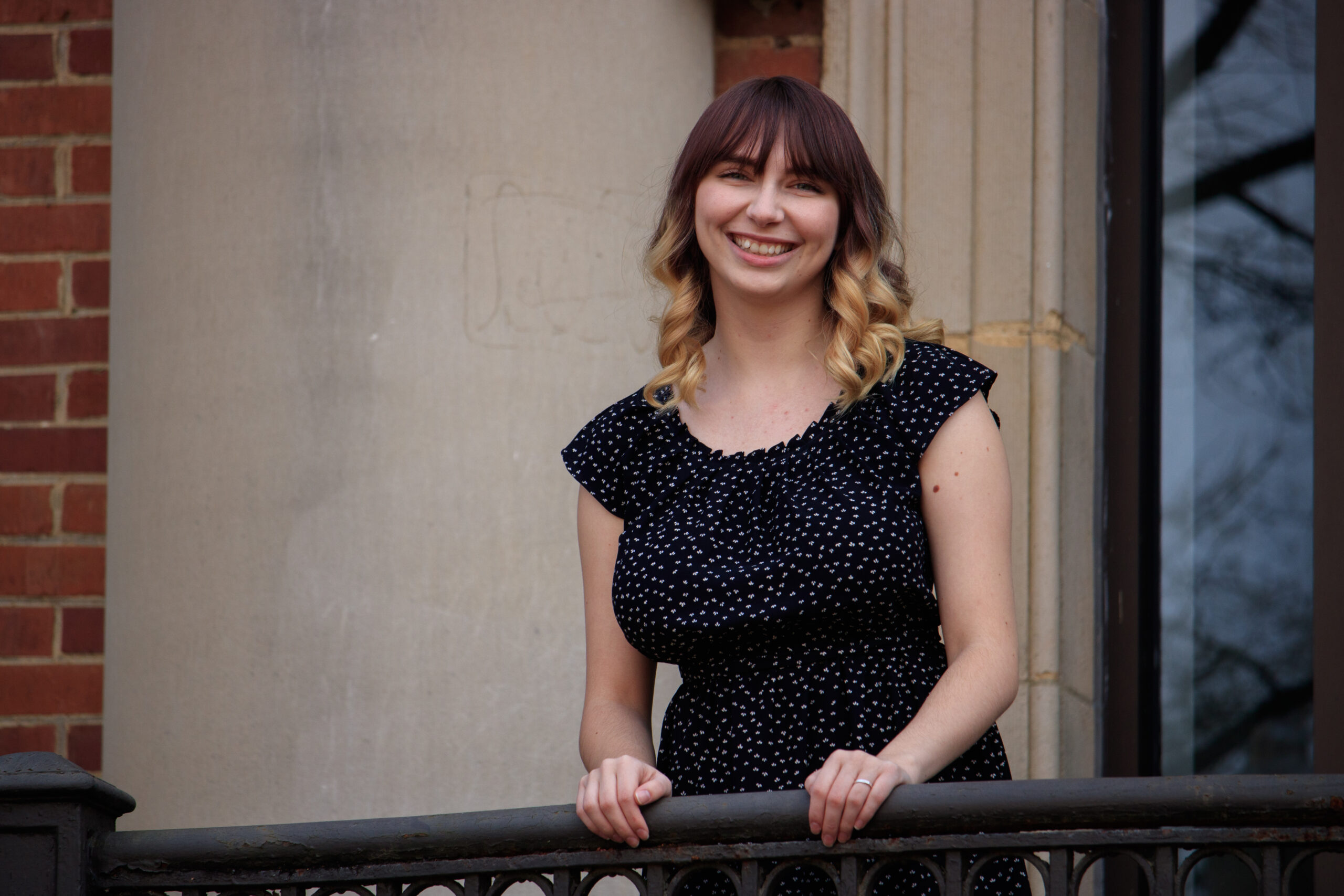Sustainable College Living

As a senior, Helena Brewster ’22 has experienced the ups and downs of college. Through her years at NC State, she started to find out more about herself by trying new things and being kinder to herself. Now, she gives us an insight on how to handle college expectations in a way that keeps us happy and well-rested!
College was supposed to be where I recreated myself. At 17, unpacking my dorm, I swore to myself to relinquish my ‘bad habits’ and vowed to say ‘yes’ to every opportunity I encountered. I wanted to spend every minute intentionally and go to sleep satisfied that I had created the best day possible for myself. This is my fourth year now, and I’ve rarely achieved days like this. But let me tell you why I’m much happier at 21 than I was at 17.
College has been hard for me. Really hard. Disappointingly hard. I’ve spent a lot of time beating myself up and agonizing over lost opportunities when I really could have used a little self compassion. It took four years for me to realize that the cycle of self-hatred and plans to completely revamp my life was not working out. Now, I offer you my sustainable takeaways and gentle reminders:
#1. You don’t need to make an A in every class (and you probably shouldn’t!) Maybe it’s blasphemous to write this into existence as a Goodnight Scholar, but maintaining a 4.0 GPA has done nothing for me but cause harm. The academic expectations I’ve imposed upon myself were always guaranteed to leave me disappointed at best. Doing enough is enough, and more is not more.
#2. Rest is as important as productivity, and requires intentional planning.
In the hundreds of To-Do lists I’ve created in college, I don’t think any of them ever held space for me to take a break. More often, these lists were designed to remind me of all the things I should be doing instead of taking a break. Planning my life around ensuring I squeeze all the possible work and productivity out of myself, academically or career-wise, is not a life I want to live anymore. For me, clearing a To-Do list only generates marginal happiness – because I’m already anticipating the next list in my mind – it’s never ending! Sustaining enough energy and mental well-being for me to maintain my life in good standing has required me to set boundaries with myself. I ask myself whether the goals I’m setting will help me have a good day or feel like a “good person,” and if it’s the latter, I usually need to make adjustments. Productivity has no moral value. Let me say it again – productivity has no moral value!
#3. Hobbies!
Only in the last six months have I rediscovered the concept of hobbies. Now you might be wondering, Helena, if you didn’t have hobbies, then what do you do all day??? Great question. The answer used to be:
1. Procrastinate
2. Work until the point of exhaustion
3. Lay in the dark
4. Repeat
Something I’ve personally noticed about the less-than-perfect daily routine described above is that I did a lot of avoiding life and not a lot of living life. As someone existing with severe depression in college, I would be remiss to suggest that it’s easy to start doing things, especially when negative cycles are so deeply ingrained. I find that allowing myself to engage in hobbies with no commitment to continuity helps avoid the expectation anxiety that arises around anything I set out to do. Hiking is a hobby of mine that I do (maybe) once per month, and that’s the maximum working for me right now! Embroidery is a new favorite of mine, but I started a few months ago only being able to focus for ten minutes before stopping. Reminding myself that hobbies don’t have to produce sensational outcomes has been a game changer.
#4. Approach failure with curiosity.
The last thing I want to write about is perhaps what has been the most sustainable observation I’ve made in my senior year. Let’s talk about something hard: failure. Failure has always felt particularly devastating to me because of how strongly I ascribe morality to success. Here I propose my new mindset: when something doesn’t work out, it’s not always a determiner of how good of a person you are or even how hard you worked. Maybe the situation is out of your control or the system in place could be better designed to support you. Maybe I’m not a bad person if my trash overflows, maybe I should just buy a bigger trash can. These ‘maybes’ have shifted the blame and shame from myself to an ambiguous unknown that I can approach with curiosity, free of judgment.
And that’s it! Give yourself kindness, give yourself grace, and give yourself rest.
- Categories:


